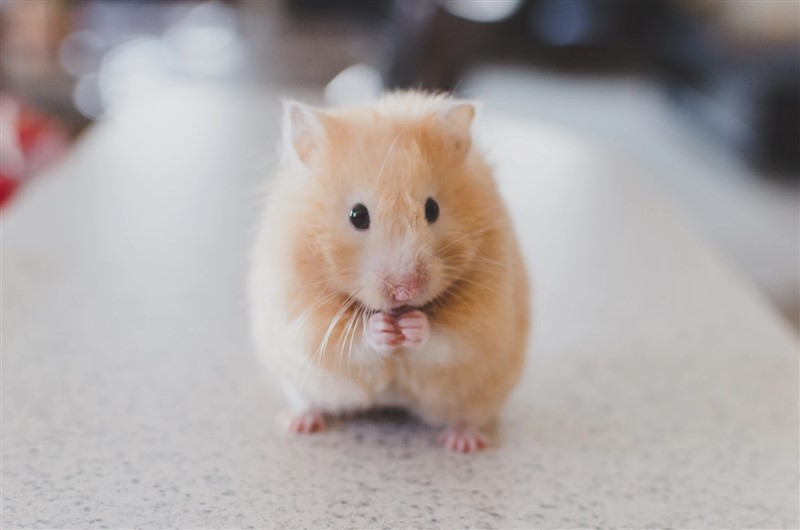-
 Word Counter
Word Counter
-
 October 17, 2020
October 17, 2020
-
 Uncategorized
Uncategorized
Is Mice Singular or Plural?
To first understand a word, its history, and how to use it properly, it is important to first define what it actually means. According to the Merriam Webster Dictionary, a mouse is “any of numerous small rodents (as of the genus Mus) with pointed snout, rather small ears, elongated body,” and a long tail. There are different kinds of mice, from a typical house mouse to a fieldmouse. However, like many words in English, the word mouse can have more than one meaning. Another common definition given by Merriam Webster is for the “small mobile manual device that controls movement of the cursor and selection of functions on a computer display,” aka the computer mouse. It can additionally be used as a slang term to describe a timid person or someone acting timidly, as in “mousing around.”
Now, the officially recognized plural ending of the word mouse (especially when used to describe the rodent) is the word mice. Now, the plural of a mouse being mice is actually the result of some pretty complicated etymological concepts that will be explored just a couple paragraphs down, but at the end of the day, it just comes down to the fact that the English language has just stolen pretty much every unique concept it can. Mice is the correct plural in almost any context.

Can You Say Mouses?
It wouldn’t be English if there was not an exception to this “almost any” rule that was just mentioned. When using the word mouse to describe the technological gadget most people are used to using to control their computer screen, “mouses” is actually a valid plural according to the dictionary.
There is an important distinction to make here, though, and it is that the dictionary is not the definitive authority on language…culture is. Culture drives language, not the other way around, and oftentimes words come in and out of usage without the dictionary even recognizing them. For example, the word “selfie” was just added into many dictionaries a few years ago because of how prevalent that word’s use became in common conversation.
So basically, while “mouses” is considered the proper plural of mouse in a very specific case when referring to technology, just about any technological professional will still use the word mice to describe multiple mouse devices.
What Is the Singular of Mice?
The singular of mice, in just about any context, is mouse. The word mice is (in any context) the plural of mouse, and so mouse is the singular of mice (e.g., the mouse, that mouse, those mice).
The History and Origin of the Word
One of the best ways to understand a word is to learn where it came from. A word’s etymology can reveal a lot about the changes a word has gone through to get to where it is today in modern English. According to EtymOnline.com, the word mouse has a very convoluted history. The most recent version of the word in modern English came from the Middle English “mous,” which derived from the Old English “mus,” meaning small rodent, but also meaning muscle of the arm, depending on the translation. This, in turn, got its origin from Proto-Germanic roots sourced from Old Norse, Middle Dutch, Swedish, and German, which, when traced all the way back, goes back to the Latin word “mus” and the Greek word “mys,” both meaning house. Our English word is somehow related to the Old English mūs, the Dutch muis, and the German maus at the same time.
The majority of the English language today comes from Latin and Greek by way of many different European languages, especially our plural nouns and irregular plurals, and the word mouse is no exception.
The plural of the word being “mice” is due to something called “i-mutation” which is an etymological concept that explains the concept of words having an i-root when brought from other languages to English. Another similar word would be “louse,” which has the similar plural “lice.”
Examples of the Word in Context
Another great way to learn how to use a word properly is to learn how to use it in context. Reading or hearing someone else use the word correctly will cement it in your vocabulary. Here are some examples of the words mouse and mice being used in context:
- “Dad! Come quick! There’s a mouse in my room! It just ran under my bed!”
- “Thank you for calling tech support. You mentioned that your mouse was not clicking properly? Have you made sure the USB cable is plugged all the way in?”
- “There was a nest full of mice in the attic under the main support beam. We moved it outside safely.”
Synonyms for Mouse
There really are no synonyms for mouse because the word describes such a specific animal. Some vaguely related or similar words are rodent, mammal, rat, or other words to describe small rodent-like creatures.
In Summary
Hopefully, this article has helped you better understand how the word mouse works, where it came from, and how to use it properly. Next time you need to write about it or use it in conversation, you will be completely prepared!




